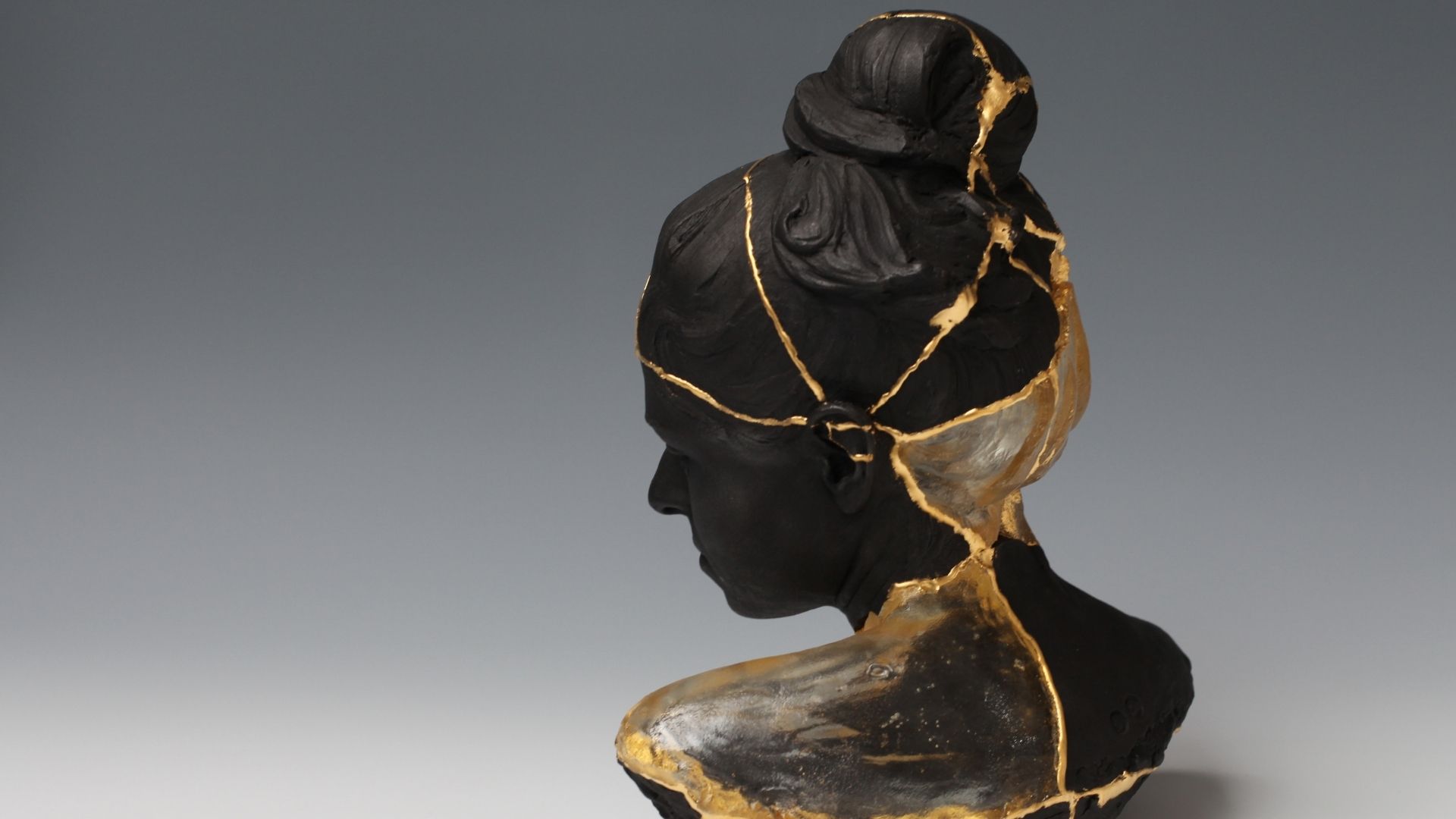The grieving of an absence of parental figures is important for the later stage in resolving childhood trauma

In the newly released Marvel movie “Shang-chi”, one of the most impressive presentation was the relationship between Shang-chi and his father, Wenwu. As Shang-chi lost his mother at young age and his father raised him in a very strict and harsh way, Shang-chi’s childhood was atypical and he had complicated feelings towards his father. In fact, at the near end of the movie, in order to save his mother’s home village, Shang-chi thought that he might need to kill his father. In fact, for those who did not have adequate parental nurturance in their childhood, it was common for them to experience a lot of difficulties in their adulthood lives. For instance, some of them might have difficulties in relating with others due to their lack of role model in maintaining a fruitful and meaningful interpersonal relationships with others. A child in one’s childhood needs various kinds of nurturance from their parental figures.
A nurturing environment with adequate parental care includes nurturance to cater the different needs of the child. A parental figure needs to provide the child with adequate amount of meaningful conversations, including praise and positive feedback. He or she also needs to have to willingness to answer all questions of the child, to teach verbal skills, as well as to provide resources for verbal development. Physically, a parental figure needs to teach the child habit of grooming, discipline and responsibility. He or she needs to help the child to maintain a healthy diet and a proper sleep schedule. In terms of emotions, a parental figure needs to value and respond to a child’s emotional expression and model an adaptive way of expression of emotions. He or she needs to provide an adequate level of love, warmth and compassion towards the child. Last but not least, the parental figure needs to feedback to the child one’s essential qualities, basic goodness and intrinsic worth as a person. He or she needs to nurture the child’s sense of self-worth.
For those adults who had an abusive parental figure in their childhood, it is common for them to realise that their desire to have a nurturing parental figure will never be satisfied, especially after undergoing psychotherapy. In order to move on after realising the loss, these adults need to go through a grief process. In this process, they might experience anger or even hatred towards their parental figure for their intimidation, abuse and neglect in their childhood. In fact, it is effective for healing if the adults direct ones’ anger towards ones’ internalized parents, usually appearing as an inner critic. Apart from anger, sadness, as expressed in crying, is also another experience in the grief process. The experience of sadness actually helps ones to mourn about the lack of adequate parental care and activates our system of self-compassion.
In the grief process, it is important for the adults with childhood trauma to be open to their emotional experiences. Ones need to surrender to the internal experience of anger or sadness and pain without judgment or resistance. Mindfulness and self-compassion exercises are very helpful for ones to be open to ones internal experiences. For those who need emotional support, verbal ventilation is also helpful for ones to release the tension related to their emotional experiences. Seeking professional help from a clinical psychologist might be one of the ways to have a proper channel to experience such verbal ventilation. For those who prefer to ventilate in a more private way, writing about ones’ thoughts and inner feelings associated with the grief process is also beneficial for the healing.
Usually, grieving for an absence of an adequate parental figure is in the later stage of the healing process for those experienced childhood trauma. For those who are still suffering from various problems in their lives due to their traumatic experiences in childhood, ones need to see professional help before going through the grief process.
